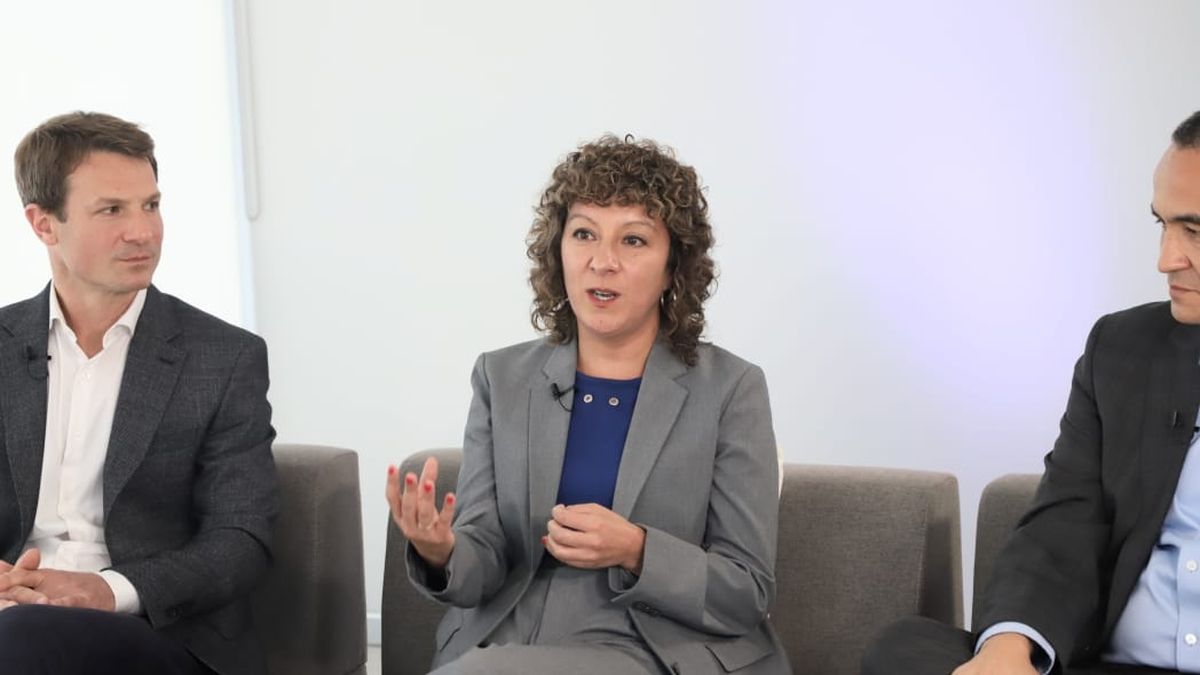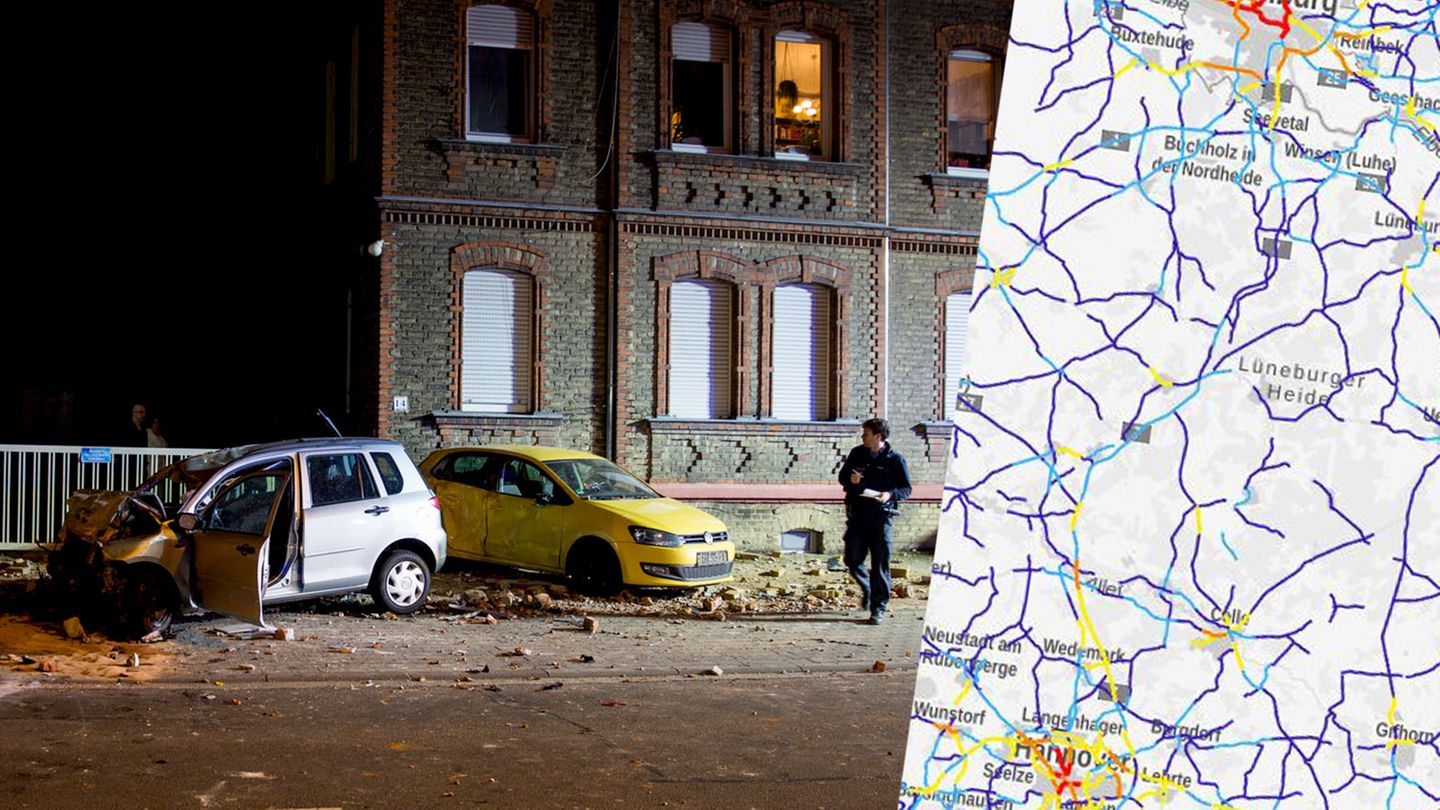Paula Diaz, Customer Service and Connectivity Manager Mercedes-Benz Trucks and Buses, put the spotlight on vehicle electrification, efficiency and technology during the third panel on New Mobility of Scope of Debate, Moderated by the Editor In Chief of the Buenos Aires Herald, Stephanie Pozzo.
Díaz said that “talking about mobility is talking about investments, efficiency, new technologies and where each company is going with global and local realities” and illustrated: “If you work on efficiency, you reduce costs and contribute to safety and reduce the carbon footprint.”
Referring to the company’s improvement process, with more than 70 years in the country and leader in the truck and bus market, he said that “we are investing in a new plant in Zarate, a strategic area near the port and we are launching a new logistics centre to which we will move all production in 2026.”
“We have a 360 business vision strategy, with location, investment in electromobility and accompanying the customer kilometer by kilometer. We have mining, agriculture, sugar cane and oil. “We offer dedicated solutions and our contribution is to provide solutions that can make management efficient,” he summarized the company’s motivation.
The importance of collaborative spaces between companies, governments and clients
Meanwhile, the Mercedes-Benz representative emphasized the electric bus that the firm presented in Brazil last month and called for that commitment to be replicated in Argentina. “We need to create collaborative spaces between companies, governments and customers and see where we can use electrification. “Motorcycles are one thing, cars are another. The first step in our case is urban transport,” he said.
To achieve this, he called for “promoting services and working in parallel with oil companies, which is an incipient path that is not yet set out,” while he asked to continue adding “collaborative and dialogue tables with transporters.”
Connectivity and customization
Diaz, in turn, assured that “What is coming is the autonomous vehicle, but today we already have connected mobility, because we all have management systems that have to do with connectivity”, after which he valued the use of big data. “Through technology, we can convert this data into extremely valuable information that has to do with how the person drives, the speed of the vehicle, or whether the route is the right one. Today we already have connection platforms that allow us to make decisions in real time,” projection.
Meanwhile, he insisted on the need to “seek customization for different industries” and stressed that “with each long-distance truck or bus, technologies are offered according to the use and The consumer wants us to be strategic allies so that they can dedicate themselves to their business and we give them the added value of their service and maintenance,” for which he gave as an example “mobile workshops, for clients who cannot travel and have a customized service.”
Díaz highlighted the importance of training opportunities for truck and bus drivers. “It is important for accident prevention and for business, because efficient driving that reduces operating costs. The big challenge is how to multiply these programs,” he said.
Source: Ambito




